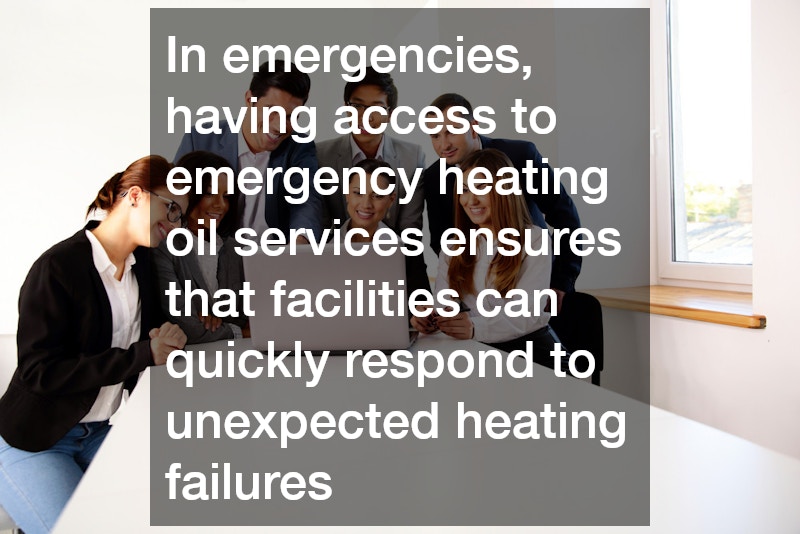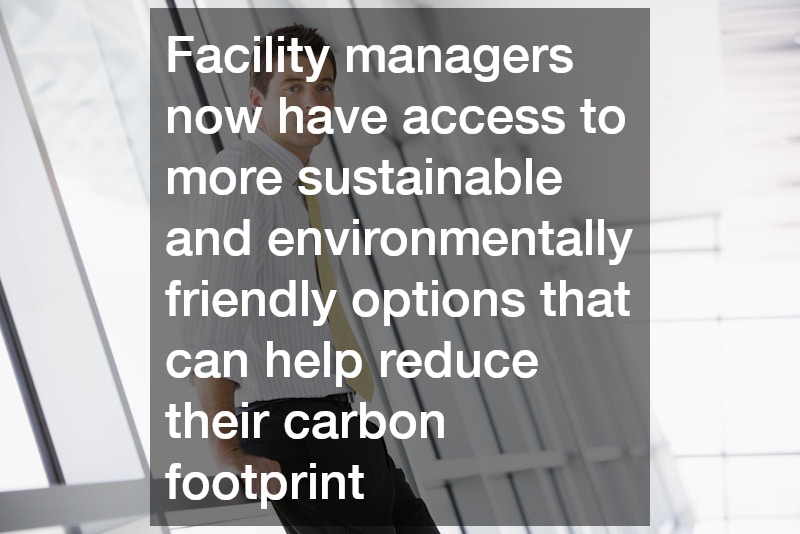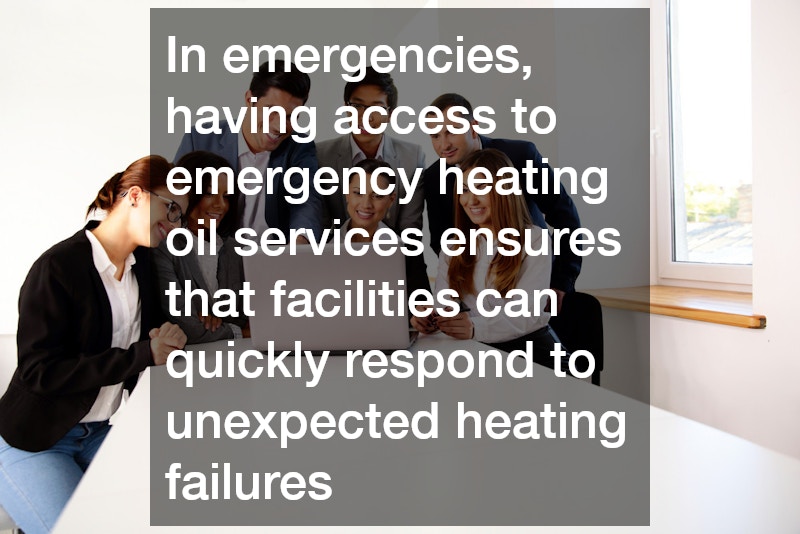

Managing commercial or public facilities with increasingly limited budgets has become more difficult. People desire comfortable temperatures, while administrators aim for reduced operational costs. A significant opportunity for cost savings lies in the heating systems used to maintain ideal temperatures in commercial buildings. Opting for energy-efficient HVAC system will save energy costs. This article outlines different strategies and technologies available to enhance energy efficiency and minimize heating expenses. The primary focus is on the role of heating oil delivery services, which supply crucial fuel for commercial boilers.

With the increasing popularity of biofuel heating oil, facility managers now have access to more sustainable and environmentally friendly options that can help reduce their carbon footprint while still meeting heating demands. Industrial heating oil remains a staple for many facilities, offering reliable performance and efficiency. However, the importance of timely oil delivery cannot be overstated, as delays can lead to uncomfortable conditions and operational disruptions.

In emergencies, having access to emergency heating oil services ensures that facilities can quickly respond to unexpected heating failures, minimizing downtime and maintaining a safe environment for employees and customers alike. This article will explore these aspects in detail, providing valuable insights for facility managers looking to optimize their heating systems and achieve significant cost savings.
While most houses utilize furnaces, boiler systems are still widely used in large commercial buildings due their overall efficiency and cost effectiveness. As any management company can attest to, heating costs are some of the greatest costs encountered when running large facilities.
Due to the always increasing cost of utilities, it is essential to utilize the most cost effective options available.For many, this means commercial boilers.
Commercial boilers typical either burn fuel or use electricity to heat water that is then used to provide heat throughout the facility.
It is a pressurized system that pushes the steam created by the heated water to produce heat. Some boilers use the hot water itself, opposed to the steam to produce the heat. A commercial boiler system is not an overly complex piece of equipment.
Within the boiler is a heat exchanger that transfers the hear from either burners or electric coils to the water. The steam or water is transported throughout the facility through pipes, which lead to radiators that are used to disperse the heat.
Similarly to other types of heat producers, there are wide range of safety and maintenance concerns that need to be handled by professionals in order to ensure the boiler systems run smoothly and safely.
Boilers require ongoing professional maintenance as they can become dangerous if not properly maintained. While residential boilers run on the same basic principles, it is important to employ professionals who are experienced working with commercial boilers.
a licensed HVAC contractor will be able to access your overall system and provide regular inspections, which will allow you to stay on top of any ongoing maintenance needs or potential repairs. Catching needed repairs before they create an emergency, will save significant amounts of money.
Unexpected break downs get expensive quickly because they are not budgeted for, but also because if they happen during off-hours, which they usually do, you will be paying the off-hours rate. Needing emergency maintenance also frequently means having to wait for someone to be available to do the work. The longer your facility goes without heat, the more secondary problems you may encounter.